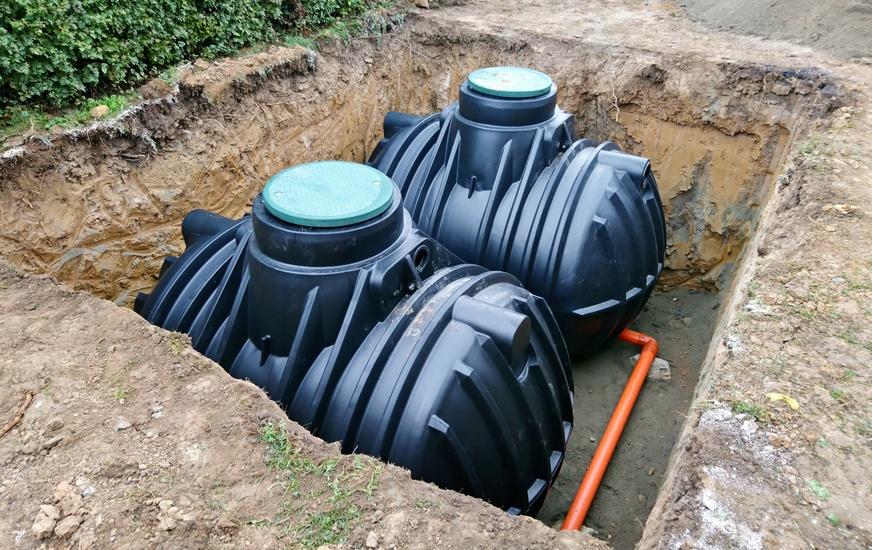
Underground liquid storage tanks serve a variety of purposes throughout the United States. Whether they're storing chemicals, gas, or water, there are a few components everyone should know about underground storage tanks.
Here's some of the most pertinent information regarding underground tanks and containment products.
Residential VS industrial tanks
Unlike industrial tanks, your basic underground residential tank is not subject to regulation by the Department of Environmental Services. Residential tanks are usually used for storing oil or natural gas. However, this lack of regulation also means that a spill or leak in your tank is your responsibility to fix. You can help deter tank corrosion via a number of custom linings, including water tank liners or a chemical liner.
Underground tanks that aren't subject to regulation
As mentioned above, residential tanks are typically not subject to federal regulation unless they contain more than 110 gallons of a liquid. Additionally, farm and residential tanks that hold motor fuel for noncommercial needs cannot exceed 1,100 gallons.
Other common underground storage tanks that aren't subject to EPA regulations include flow-through process tanks, emergency spill tanks, and overfill tanks.
What tanks are subject to regulation?
Underground industrial storage tanks are subject to federal regulation if they store over 110 gallons of liquid. Anything under this amount is outside of the Environmental Protection Agency's services.
A regulated underground storage tank system includes the storage tank and any piping connected within the system. These pipes would have at least 10% of the underground volume, making it subject to federal regulations, particularly if it stores and transports chemicals or other hazardous substances.
How do I comply with EPA regulations?
The best way to comply with EPA regulations is preventing the leak or spill of hazardous substances. This could cause damage to the surrounding environment should a spill occur. All underground storage tanks subject to federal regulation must have a leak detection method.
You can prevent leaks by performing regular maintenance on your tank. Fitting it with custom linings will also help improve the integrity of your product and prevent leaks.
Whether you're in need of a gas tank liner, a chemical liner, water tank liners, or heavy-duty flexible tank liners, Flexi-Liner offers the best custom linings for the job. Call or visit us online today when you want to improve the quality of your tank with custom linings.
